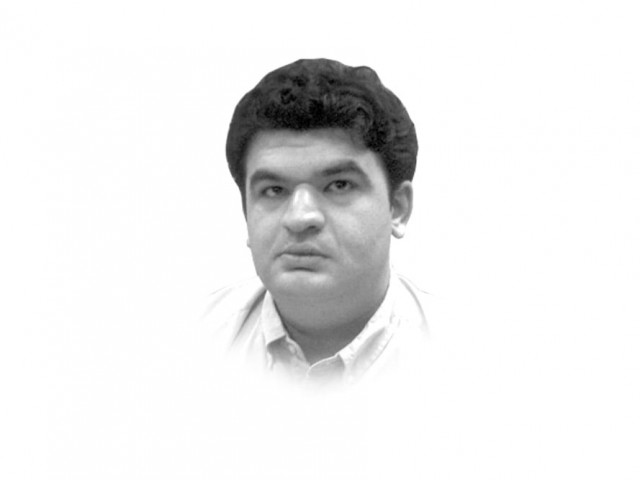The undemocratic democrats
The rationale that criticising an elected government is inviting a military takeover is particularly specious.

Here is a news flash that should be painfully obvious to us all: just because a government came into power democratically, does not immunise it from criticism, and neither can that fact be used to shut off debate about whether the government is impinging on the rights of its citizens.
Interior Minister Rehman Malik’s recent threat to Google — that he would block its Gmail and YouTube sites if it didn’t fall in line with the government’s decision to monitor traffic, ostensibly of terrorists — is a reminder that democratic governments are no less susceptible to the temptations of totalitarianism.
Most power grabs appear under the guise of national interest. While it certainly may be true that terrorists use Gmail accounts to communicate with each other, shutting off access for every Gmail user in the country, using terrorism as the explanation, is profoundly undemocratic.
Fortunately, all supporters of liberty and democracy have angrily denounced the proposed Google ban without any qualification. In other cases of government wrongdoing, though, they tend to equivocate.
In 2005, Husain Haqqani, now ambassador to the US, argued in a piece published in Gulf News (March 16), titled “Camouflaging Corruption” that, “In Pakistan’s case, corruption is a constant factor, which is exaggerated or downplayed according to the political needs of the country’s bureaucracy and generals. The Pakistani establishment uses corruption as an excuse to boot out or denigrate the politicians, while covering up the corruption of military officers and civil servants”. The thesis of his piece is that corruption is often used to oust democratic governments. The unspoken assumption is that we shouldn’t cool down on all the corruption talk.
What Haqqani ignored is that it is corruption itself, rather than discussion of it, that brings about a premature end to the rule of governments brought into power by elections. Every military coup in this country has been welcomed because the corruption was perceived to have spiralled out of control.
One need not welcome military intervention to point out that a democratically-elected government loses its legitimacy in the eyes of the public when it is consumed by allegations of corruption. That applies even more so to the current government, many of whose members, after all, were given amnesty under the profoundly anti-democratic National Reconciliation Ordinance and so still have the taint of corruption attached to them.
If a prime minister is credibly accused of corruption, then the most democratic way of removing him from office is by passing a no-confidence motion. However, even if a rare member with a conscience is found in the ruling party, the Eighteenth Amendment would prevent that member from voting ‘yes’ without being at risk of losing his or her party membership.
This is not to single out the PPP government. It is the natural inclination of any government in any part of the world to try and accrue as much power for itself as it can get away with. One of the ways of keeping that ravenous appetite in check is through a media which is not cowered into submission.
The rationale that stringently criticising an elected government is inviting a military takeover is particularly specious. Adopting the same logic, we should also remain mute on drone strikes because that would empower the Taliban. The effect, if not the intent, of this is to shut of all dissent. And that would leave us with a democracy which is not deserving of the name.
Published in The Express Tribune, September 23rd, 2011.



















COMMENTS
Comments are moderated and generally will be posted if they are on-topic and not abusive.
For more information, please see our Comments FAQ